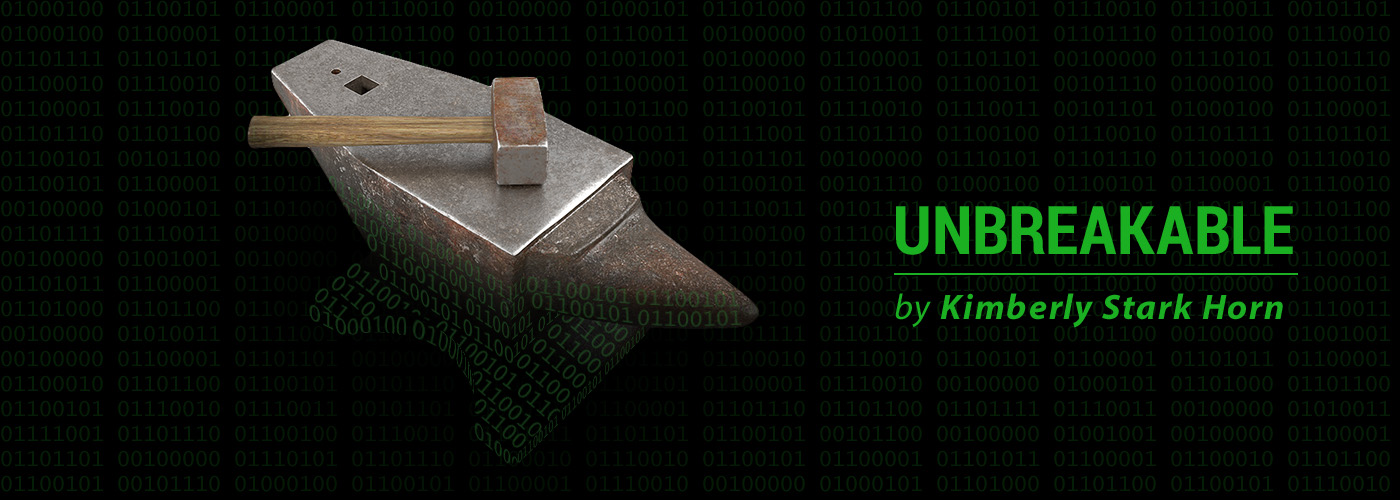Here’s How I Am Coping with the Corona Crisis

Too often while pursuing answers to health questions, people with an Ehlers-Danlos syndrome are told that their physical symptoms must be caused by stress, or perhaps they’re psychosomatic, because no obvious explanations are available.
I related my own frustration about this to my physical therapist several years ago while he was assessing my abnormal range of motion. His response still makes me smile: “It’s not in your head, it’s in your body!”
Tension can indeed worsen pain and lead to poor posture that results in physical problems. Treating anxiety can help some symptoms, but it does nothing to treat the underlying structural issues that deserve to be addressed.
Unfortunately, anxiety frequently accompanies Ehlers-Danlos syndromes. Some say genetics are to blame for the high prevalence of anxiety in people with hypermobile type EDS. Others say anxiety is a learned behavior with EDS. Regardless of the cause, a toolkit of effective coping skills is a must.
Good coping skills are needed now more than ever.
It appears that the entire world is experiencing the fear of succumbing to a horrible illness and the stress of economic uncertainty, limited mobility, and being confined to home. Understandably, anxiety is running high. Many people with EDS already live with these worries.
For those of us who understand our anxiety and have outfitted our toolkits, now is the time to employ our healthy coping skills and to share them with our loved ones. It certainly will help us ride this out, and it can make isolating with someone else a better experience.
Some coping skills are more practical than others during a pandemic. For example, seeking physical connection with someone is out unless you are in isolation with them.
But other skills that normally would be considered poor choices, such as playing online video games, may actually be good choices under current social distancing guidelines. I am trying to stick with anxiety-fighting skills that would be considered healthy regardless of the situation, because this pandemic is temporary, and unlearning bad coping skills is difficult at best.
Get moving.
You may have heard the phrase, “Motion is lotion.” I repeat it frequently to myself on high-pain days and use it to encourage my children. Motion is not only good for painful muscles and joints, it also is an excellent way to move anxiety out of the body before it can settle into places like the jaw. This results in clenching or grinding my teeth or neck, and tension headaches.
Another benefit from increased physical activity is that it helps me to sleep better as long as I don’t overdo it.
Confined to a small indoor space?
Stretching and floor exercises can be done indoors. For example, planks and modified planks require no special equipment. Light weightlifting with high repetitions can be done with household objects. As always, seek the advice of your medical professional before attempting any exercise program.
Stay connected.
With care, the abundance of together time and a lack of distractions could help you grow closer to someone you’re isolated with.
If you are unable to be in the physical presence of your loved ones during the pandemic, turn to technology. If you need more than a phone call, videoconferencing is a great option.
Take advantage of available help.
The worst thing to do is to isolate yourself completely and fail to communicate your needs. The second-worst thing to do is to ignore or refuse available help. Some people cope by helping others. You might cope this way. If you are struggling, reach out. Allowing someone to help you when you need help is a way to help them.
Establish and maintain structure.
I feel uncomfortable with too many uncertainties floating around. I prefer order and routine. Eating meals at a set time retains structure in uncertain times. Maintaining regular hygiene habits and sticking to a sleep schedule is a must.
Hold on to faith.
Last, but certainly not least, I use faith to cope with my EDS-related health issues and fears, and I can use faith to cope with all the rest, as well. Nothing that is happening in the world around me changes my identity. I remain as I am.
Your turn!
I’ve listed just a few of my strategies to cope during the coronavirus pandemic. What tools are you using to battle anxiety? Please share them in the comments below.
***
Note: Ehlers-Danlos News is strictly a news and information website about the disease. It does not provide medical advice, diagnosis, or treatment. This content is not intended to be a substitute for professional medical advice, diagnosis, or treatment. Always seek the advice of your physician or other qualified health provider with any questions you may have regarding a medical condition. Never disregard professional medical advice or delay in seeking it because of something you have read on this website. The opinions expressed in this column are not those of Ehlers-Danlos News or its parent company, Bionews Services, and are intended to spark discussion about issues pertaining to Ehlers-Danlos.






Leave a comment
Fill in the required fields to post. Your email address will not be published.